Propolis for skin, seriously? Ever wonder what it is? It is a natural resinous substance produced by bees, has gained popularity in the wellness industry for its potential benefits for the skin. However, there is some debate about whether propolis is good or bad for the skin. In this article, we will explore the potential benefits and drawbacks of using propolis for skincare.
The Benefits Of Propolis For Skin
Propolis is known for its antimicrobial, anti-inflammatory, and antioxidant properties, which can offer several benefits for the skin.
1. Antimicrobial Properties
Propolis contains compounds that have been found to exhibit antimicrobial activity. This means that it can help to combat bacteria, viruses, and fungi that may cause skin infections or acne. By incorporating propolis into your skincare routine, you may be able to promote a healthier and clearer complexion.
2. Anti-Inflammatory Effects
Inflammation is a common skin concern that can lead to redness, swelling, and discomfort. Propolis has been found to have anti-inflammatory effects, which may help to soothe and calm irritated skin. If you struggle with conditions like eczema or rosacea, incorporating propolis into your skincare routine may help to alleviate symptoms and promote healthier skin.
3. Antioxidant Properties
Antioxidants play a crucial role in protecting the skin from damage caused by free radicals, which are unstable molecules that can contribute to premature aging and other skin concerns. Propolis contains various antioxidants that can help to neutralize free radicals and promote a more youthful and radiant complexion.
Potential Drawbacks Of Propolis For Skin
While propolis offers several potential benefits for the skin, it’s important to consider some potential drawbacks as well.
1. Allergic Reactions
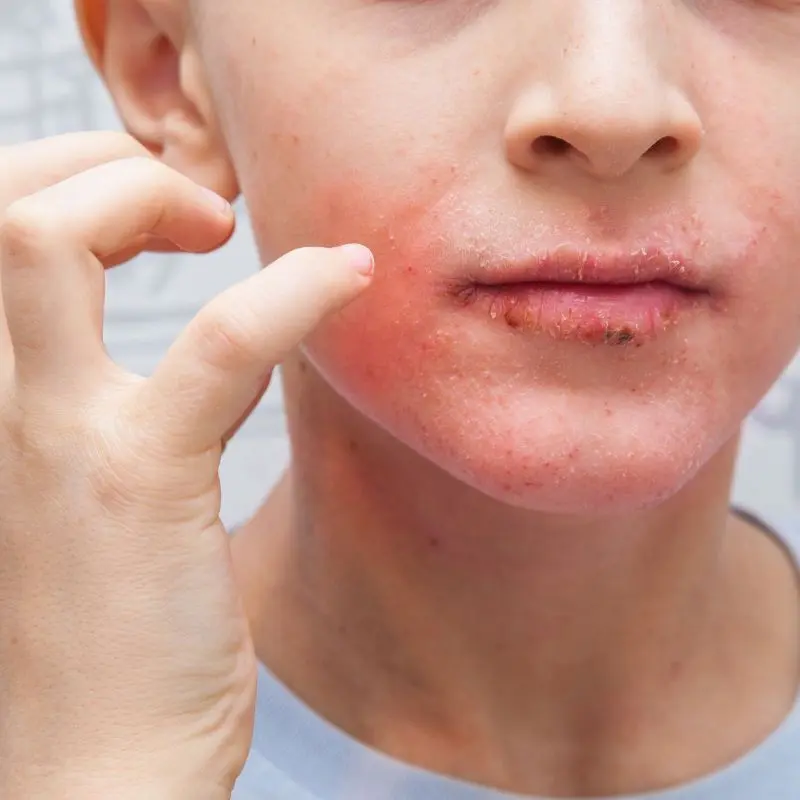
Propolis is a natural substance, but like any skincare ingredient, it can cause allergic reactions in some individuals. If you have a known allergy to bee products or are prone to allergic reactions, it’s essential to patch test propolis products before incorporating them into your skincare routine. This will help you determine if you have any adverse reactions to propolis.
2. Sensitivity to Sunlight

Some studies suggest that propolis may increase the skin’s sensitivity to sunlight. This means that prolonged sun exposure without proper sun protection may lead to an increased risk of sunburn or other sun-related skin damage. If you decide to use propolis in your skincare routine, it’s crucial to apply sunscreen with a high SPF to protect your skin from harmful UV rays.
3. Potential for Skin Irritation

While propolis is generally well-tolerated by most individuals, there is a possibility of skin irritation, especially in those with sensitive skin. If you experience any redness, itching, or discomfort after using propolis, it’s best to discontinue use and consult with a dermatologist.
How To Incorporate Propolis Into Your Skincare Routine
If you’re interested in trying propolis for your skin, there are several ways to incorporate it into your skincare routine.
1. Propolis-infused Cleansers
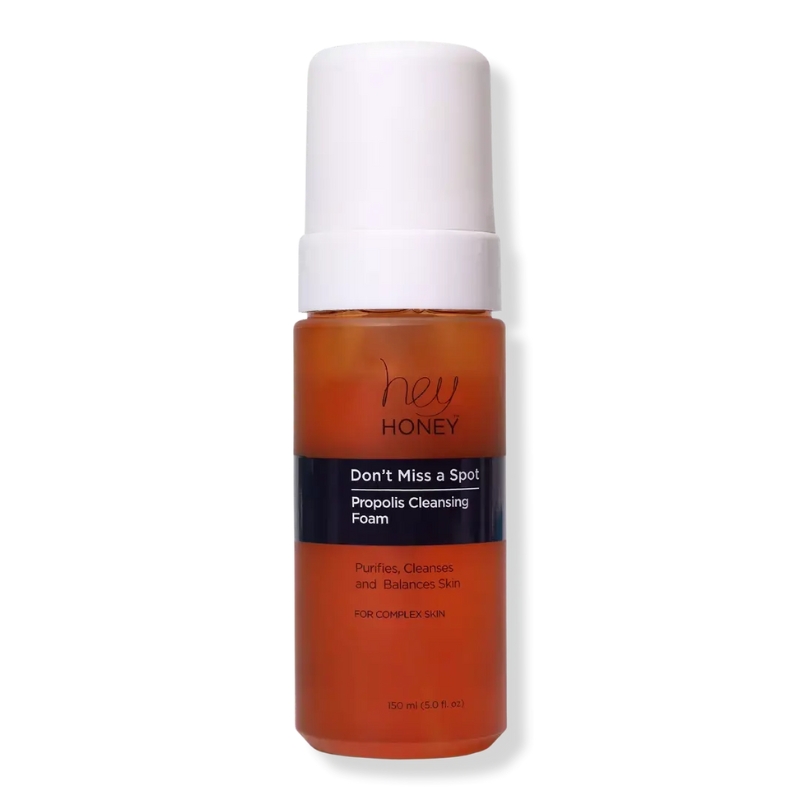
Look for cleansers that contain propolis as an active ingredient. These cleansers can help to cleanse the skin while reaping the potential benefits of propolis.
2. Propolis Serums or Ampoules
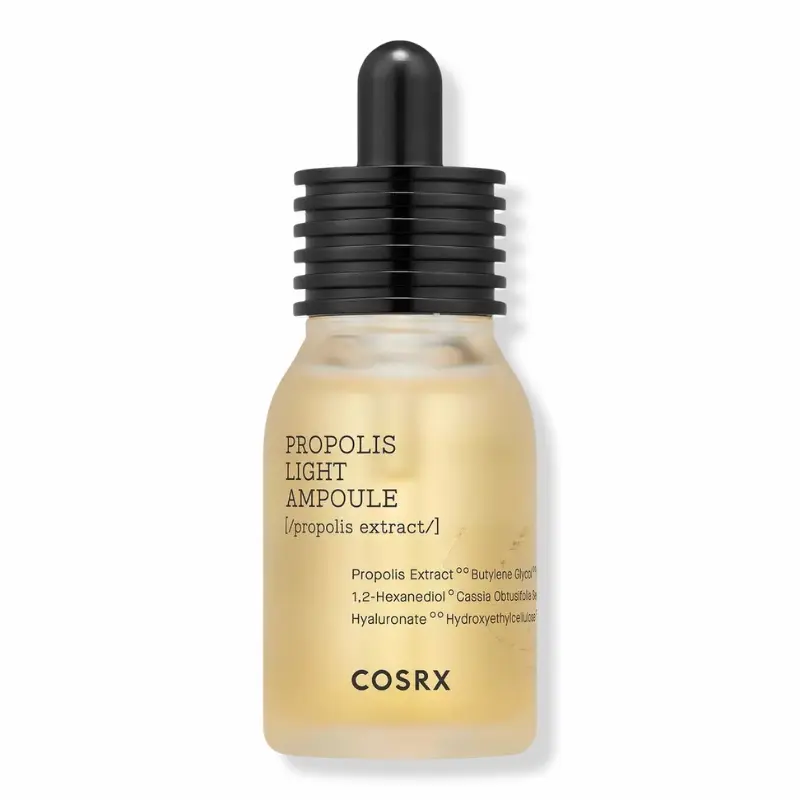
Serums or ampoules that contain propolis can be applied after cleansing and toning the skin. These concentrated formulas can provide a more targeted treatment for specific skin concerns.
3. Propolis Moisturizers
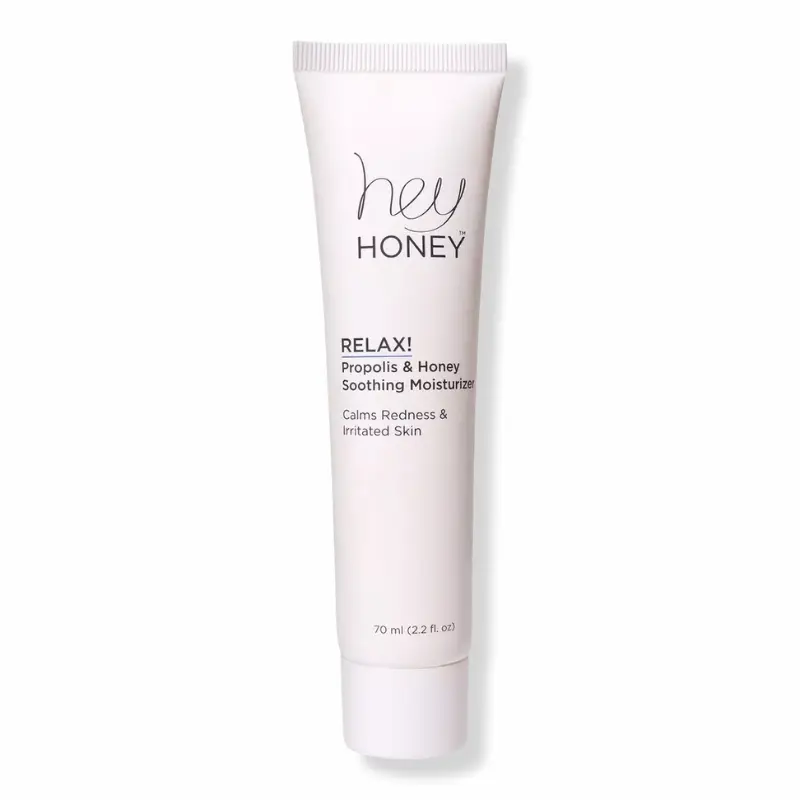
Moisturizers infused with propolis can help to hydrate and nourish the skin while delivering the potential benefits of propolis. Look for moisturizers that are suitable for your skin type.
4. Propolis Spot Treatments
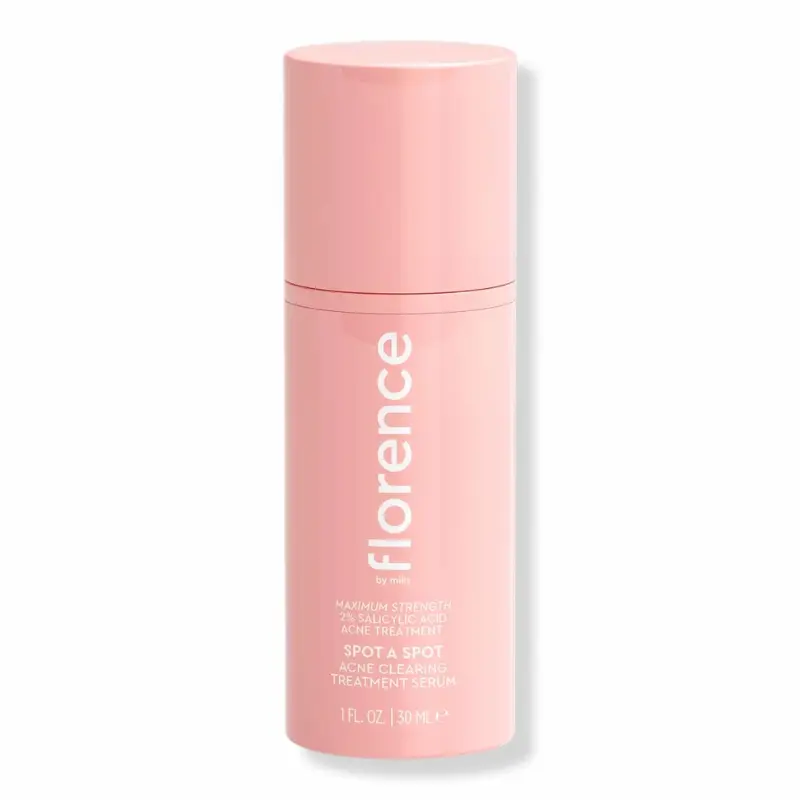
For targeted treatment of acne or blemishes, consider using propolis spot treatments. These products can help reduce inflammation and promote healing.
Take Away About Propolis For Skin
In conclusion, propolis has the potential to offer several benefits for the skin, including its antimicrobial, anti-inflammatory, and antioxidant properties. So, start using Propolis for skin right away!
However, it’s important to consider potential drawbacks such as allergic reactions, sensitivity to sunlight, and the possibility of skin irritation. If you’re interested in incorporating propolis into your skincare routine, it’s best to patch test and consult with a dermatologist if you have any concerns.
Are you looking for more such blogs? Stay tuned on Fashionsparadise.com.



